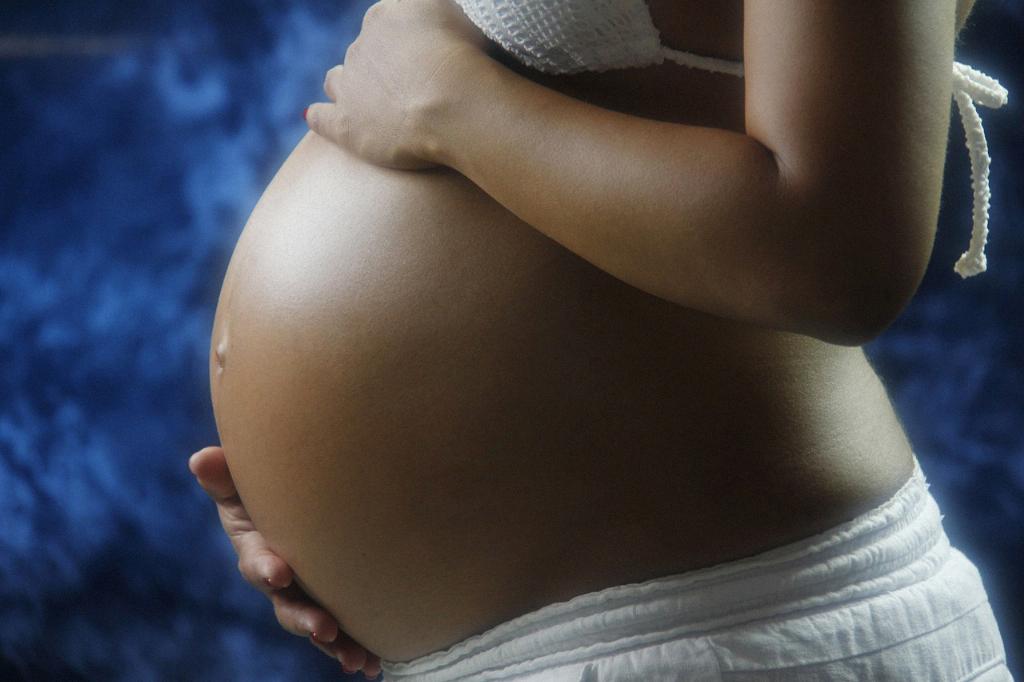When it comes to the question of whether melatonin can cause early labor, it is important to delve into the research and understand the potential connections between melatonin and the onset of active labor. While the precise mechanisms are not fully understood and further studies are needed, there are interesting findings that suggest a possible link between melatonin and early labor.
One key aspect to consider is the presence of melatonin receptors in the myometrium, the muscle layer of the uterus. Studies have shown increased expression of melatonin receptors in cases of preterm birth, indicating a potential involvement of melatonin in the regulation of uterine contractions and the timing of labor initiation.
Moreover, melatonin has been found to enhance the sensitivity of the myometrium to oxytocin, a hormone that plays a crucial role in labor by stimulating uterine contractions. This interaction suggests that melatonin may contribute to the coordination and strengthening of contractions, which are essential for the progression of labor.
It is worth noting that melatonin is known for its role in regulating circadian rhythms and promoting sleep, but its influence on reproductive processes, including labor, is an intriguing area of research that continues to be explored.
While melatonin’s exact impact on the timing of labor remains to be fully elucidated, the findings so far point to a potential involvement of melatonin in the regulation of uterine contractions and the initiation of labor, particularly in cases of preterm birth.
Future studies investigating the relationship between melatonin levels, melatonin receptors, and the coordination of uterine contractions could provide valuable insights into the complex interplay between melatonin and the hormonal mechanisms that govern the onset of labor.
It is important to consider individual variations in melatonin production and sensitivity, as well as potential interactions with other hormones and factors that influence the onset of labor in pregnant individuals.
Further research is needed to better understand the specific pathways through which melatonin may impact the timing of labor and to explore potential interventions or treatments that could modulate melatonin levels to prevent or manage preterm labor.
Overall, while the question of whether melatonin can cause early labor warrants further investigation, the existing evidence suggests that melatonin may play a role in the regulation of uterine contractions and the initiation of labor, particularly in cases of preterm birth.
As research in this field continues to advance, healthcare providers and researchers will gain a deeper understanding of the intricate mechanisms underlying the timing of labor and the potential role of melatonin in this biological process.

